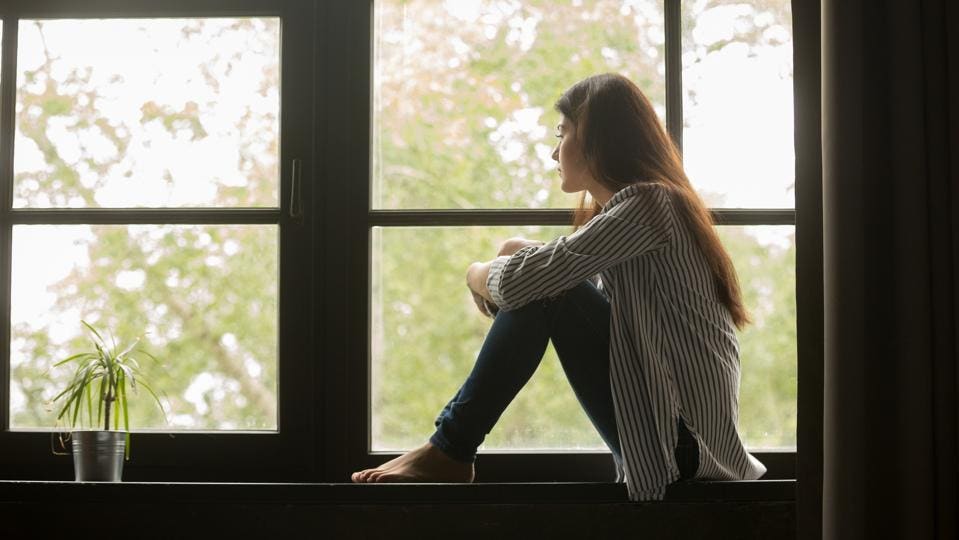
- About 280 million people worldwide live with depression, according to the WHO.
- Depression affects all age groups: 1.9 million children aged 3 to 17 have a diagnosis of depression.
- Those aged 18 to 29 have the highest prevalence of depression at 21% followed by those ages 45 to 64 at 18.4%, ages 65 and over at 18.4%, and ages 30 to 44 at 16.8%.
“A recent study by Gallup showed that 29% of Americans have been diagnosed with depression during their lifetime—with women and young adults more likely to be diagnosed with it,” says Adam Scioli, D.O., medical director and head of psychiatry with Caron Treatment Centers in Pennsylvania.
In terms of the gender disparity among depression diagnoses, there are both social and biological factors behind the higher prevalence of depression among women. Socially, women might be doing more emotional labor and caregiving in their families. “That means the weight of many aspects of the family—childcare, elderly care, household chores, the family’s schedule—fall on women’s shoulders. This creates a situation where women aren’t caring for themselves physically or mentally: lack of sleep, good nutrition, exercise, personal boundaries, which increases the risk of depression,” says Dr. Scioli.
Hormonal fluctuations can increase women’s biological propensity toward depression. Sudden shifts in hormones in certain periods of the reproductive lifetime, including pregnancy, postpartum and perimenopause, can affect sleep and mood significantly and spur depressive episodes, adds Dr. Scioli.
Depression, along with anxiety, has also spiked among young adults, especially during the pandemic. According to the WHO, social isolation and difficulties working, visiting family and feeling like part of the community are some of the reasons for the increase in depression and anxiety post-COVID. And as cases of depression and anxiety increase, the struggle to find quality mental health care has worsened. “While there is an increase in people seeking help for their anxiety, there’s a significant lack of access to mental health care. Untreated anxiety can lead to depression, so it’s not surprising that we’re seeing a rise in depression,” says Dr. Scioli.



